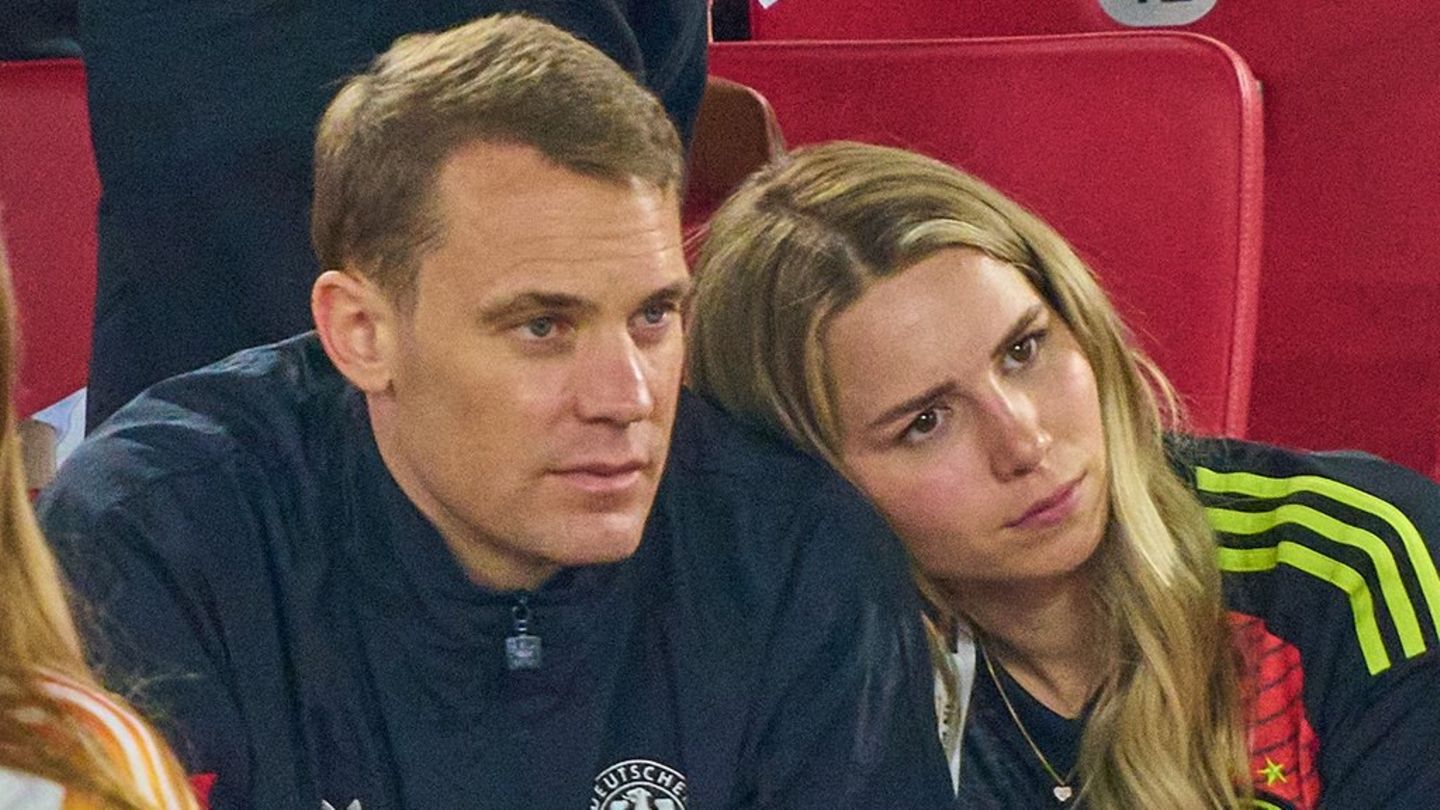Expensive IT conversions, chaos at Postbank, greenwashing allegations against the fund subsidiary DWS: Deutsche Bank has plenty of construction sites. Nevertheless, the board draws a positive balance for the year.
After a decline in profits, Deutsche Bank wants to cut significantly more jobs than previously planned: a total of around 3,500 jobs will be eliminated by the end of next year, as Germany’s largest financial institution announced. This includes the reduction of 800 jobs announced in April, explained CEO Christian Sewing when the balance sheet was presented in Frankfurt.
The bank wants to cut jobs primarily in areas that do not have direct contact with customers. The sales network in Germany is to be streamlined and internal processes are to be simplified and automated. The board wants to save a further 1.6 billion euros. At the end of last year, the group had 90,130 full-time positions worldwide.
The balance sheet presentation was clouded by the fact that the fund subsidiary DWS received another visit from the public prosecutor’s office in connection with investigations into “greenwashing” allegations that had been ongoing for months. “We will – as before – cooperate fully with the authorities in order to be able to complete the investigation as quickly as possible,” said the DWS. DWS is accused of selling so-called green financial products as “greener” than they actually are. A few weeks after an initial search in May 2022, the then DWS boss Asoka Wöhrmann had to vacate his post for Deutsche manager Stefan Hoops.
Billions for shareholders despite less surplus
Last year, Deutsche Bank suffered a decline in profits. The surplus attributable to shareholders fell by around 16 percent to 4.2 billion euros. However, analysts had expected a much steeper decline after the bank benefited from a one-time tax credit worth billions of dollars from its US operations last year.
In 2023, the institute achieved its highest profit before taxes in 16 years at almost 5.7 billion euros. Sewing therefore drew a positive conclusion: the bank had grown more than planned. Income – i.e. total income – rose by six percent to around 28.9 billion euros. By 2025, they are expected to grow to around 32 billion, which is more than previously planned.
The year 2024 “started very strongly,” said Sewing. He sees the bank on track to achieve a return of more than ten percent on its material equity in the coming year. Last year it was just 7.4 percent.
Like other financial institutions, Deutsche Bank benefited from rising interest rates worldwide in 2023. The shareholders should participate in the positive development: The dividend is to be increased from 30 cents to 45 cents per share – a total of around 900 million euros. The bank plans to return a further 675 million euros to shareholders through share buybacks by the end of June. The board of directors is targeting a dividend of one euro per share for the 2025 financial year.
Postbank problems continue to pose a burden
The problems at the Group subsidiary Postbank have still not been completely resolved. In connection with an IT change, there had been an increasing number of complaints from customers who were temporarily no longer able to access accounts or complained about delays in building financing. The financial regulator Bafin sent a special supervisor to the bank. Contrary to what CEO Sewing promised in the fall, not all problems could be resolved by the end of 2023.
Sewing said he assumes that the teams “will have finished the processes and the missing things that we haven’t cleaned up yet in the customer-relevant processes (…) in the first quarter of 2024.” He again admitted mistakes: “We disappointed Postbank’s customers, we didn’t provide good service.” According to him, the chaos at Postbank has cost the bank 40 million euros so far.
Difficulties with IT conversion also at DWS
At the subsidiary DWS, the conversion of the computer systems did not work as originally planned. The fund company wants to break away from its parent company in many administrative processes – as long as it can do it itself and cheaper. In the fall, DWS boss Hoops admitted that the IT project would take longer and be significantly more expensive than planned. After the project was expected to cost around 100 million euros last year, he expected further costs of this amount in 2024.
Despite billions in cash inflows, DWS’s profits fell last year: due to lower income and the renewal of IT, the surplus fell by five percent to 567 million euros compared to the previous year. Hoops expects an increased inflow of customer money for 2024.
Source: Stern




